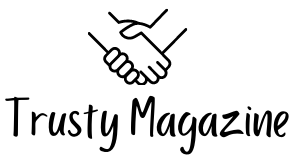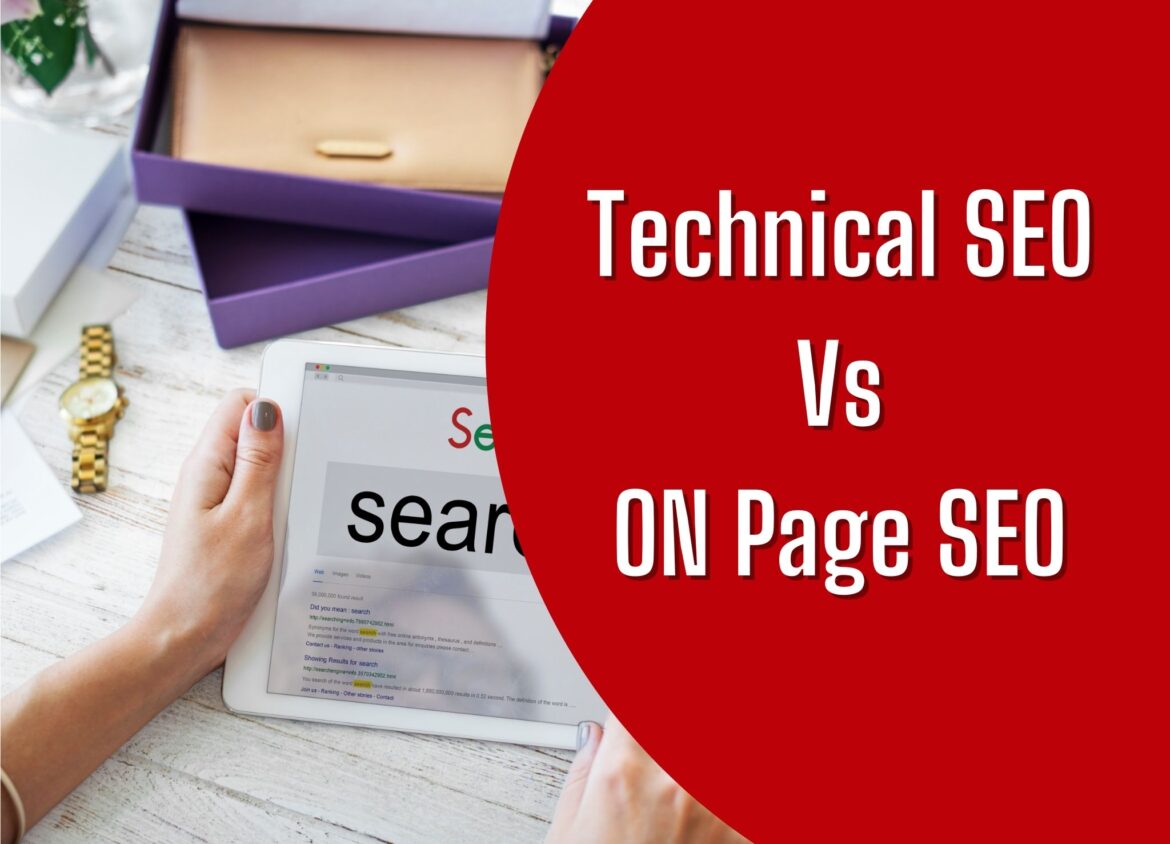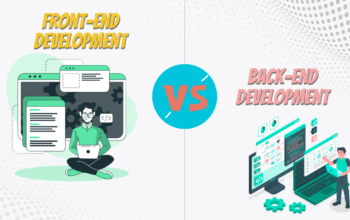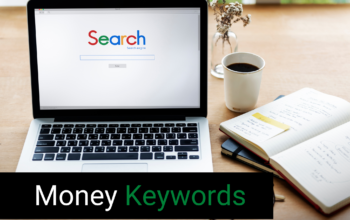The goal of search engine optimization (SEO) is to improve the visibility of a website in search engine results pages (SERPs). This is done through a variety of tactics and techniques that aim to make the site more appealing to search engines, with the ultimate goal of ranking higher in SERPs for specific keywords and phrases. It involves both on-page SEO, which refers to the optimization of individual web pages, and technical SEO, which involves the behind-the-scenes optimization of a website to ensure it is crawlable and accessible for search engines and users. Both are important for every business, as they can help to improve brand visibility and bring in more customers through search engines. If you’re new to SEO, it can be helpful to understand the differences between on-page and technical SEO to better understand how they can benefit your business.
Technical SEO
Technical SEO and on-page SEO are two essential components of search engine optimization (SEO) that can help to improve the visibility and ranking of a website in search engine results. While these two types of SEO are often used interchangeably, it’s important to understand the key differences between them.
Technical SEO refers to the behind-the-scenes optimization of a website to ensure that it is crawlable, accessible, and fast for search engines and users. This includes tasks such as optimizing the website’s structure and architecture, improving the loading speed, and ensuring that the website is mobile-friendly. Technical SEO is concerned with the technical aspects of the website and how they impact the user experience and search engine rankings.
To optimize the technical aspects of a website, it’s important to follow best practices and guidelines set by search engines such as Google. This includes ensuring that the website has a clear and logical structure, with a hierarchy of pages and categories that is easy for both search engines and users to navigate. It’s also important to make sure that the website is mobile-friendly, as more and more users are accessing the internet from their smartphones and tablets. This can be achieved by using responsive design techniques, which ensure that the website automatically adjusts to the size and orientation of the user’s device.
In addition to optimizing the website’s structure and design, it’s also important to focus on improving the website’s loading speed. A slow-loading website can be frustrating for users and may result in a high bounce rate, which can negatively impact search engine rankings. To improve the loading speed, it’s important to optimize images and other media files, minify CSS and JavaScript, and use caching techniques to reduce the number of HTTP requests.
In addition to the tactics mentioned above, a digital marketing service or can also help businesses to improve their technical SEO by focusing on the following areas:
- XML sitemaps: These help search engines to understand the structure and hierarchy of a website and make it easier for them to crawl and index the pages.
- Canonical tags: These help to prevent duplicate content issues and ensure that search engines are only indexing the most relevant version of a webpage.
- Redirects: Properly implemented redirects can help to preserve link equity and ensure that users and search engines are directed to the correct pages.
- HTTPS: Secure websites with HTTPS encryption tend to rank higher in search engine results and are preferred by users.
- Robots.txt: This file tells search engines which pages and files to crawl and which to ignore. It’s important to set this up correctly to ensure that search engines are only indexing the most relevant pages.
By working with a digital marketing service or search engine marketing agency, businesses can improve their technical SEO and increase the performance of their website in search engine results. This can lead to more organic traffic, higher rankings, and ultimately, more conversions and sales
On-page SEO
On-page SEO, on the other hand, refers to the optimization of individual web pages to rank higher and earn more relevant traffic in search engine results. This includes optimizing the content and HTML source code of a webpage, as well as the title tags, meta descriptions, and header tags. On-page SEO is focused on the content and structure of a single webpage and how it can be optimized to rank well in search engine results.
To optimize the content of a webpage, it’s important to ensure that it is relevant, informative, and valuable to the user. This means using targeted keywords and phrases in the body of the content, as well as in the title tags, meta descriptions, and header tags. It’s also important to use formatting techniques such as headings, bullet points, and bold text to make the content easy to read and scan.
In addition to optimizing the content of a webpage, it’s also important to optimize the HTML source code to ensure that it is easy for search engines to understand and index. This includes using semantic HTML tags such as header tags (H1, H2, etc.) to structure the content and make it clear to search engines what the webpage is about. It’s also important to use alt text for images and other media files, as this helps search engines to understand the context and content of the webpage.
In summary, technical SEO and on-page SEO are two crucial elements of SEO that should be integrated as part of a comprehensive strategy. Technical SEO focuses on the behind-the-scenes optimization of a website to ensure that it is crawlable, accessible, and fast for search engines and users. On-page SEO, on the other hand, focuses on the optimization of individual web pages to rank higher and earn more relevant traffic in search engine results. By combining these two types of SEO, it’s possible to improve the overall performance and visibility of a website in search engine results.
In addition to optimizing the content and structure of web pages, a digital marketing consultant, SEO consultant can also help businesses to implement other on-page SEO tactics such as:
Internal linking: This helps to improve the navigation and user experience of a website, as well as to distribute link equity among the pages.
Image optimization: Properly optimizing images and using alt text can help search engines to understand the context and content of a webpage.
Social sharing buttons: These can help to increase the visibility and reach of a webpage on social media platforms.
By working with a Digital marketing agency, businesses can improve their on-page SEO and increase the performance of their webpages in search engine results. This can lead to more organic traffic, higher rankings, and ultimately, more conversions and sales.







